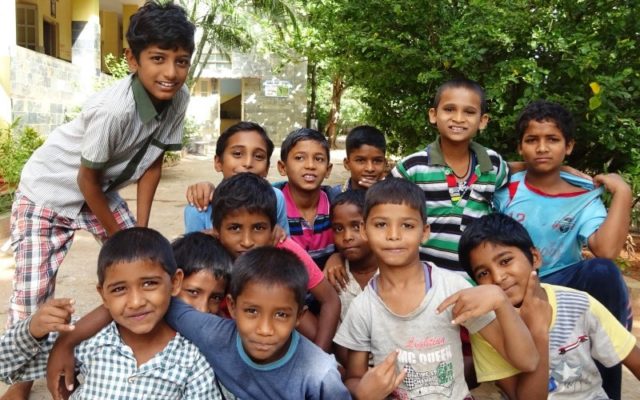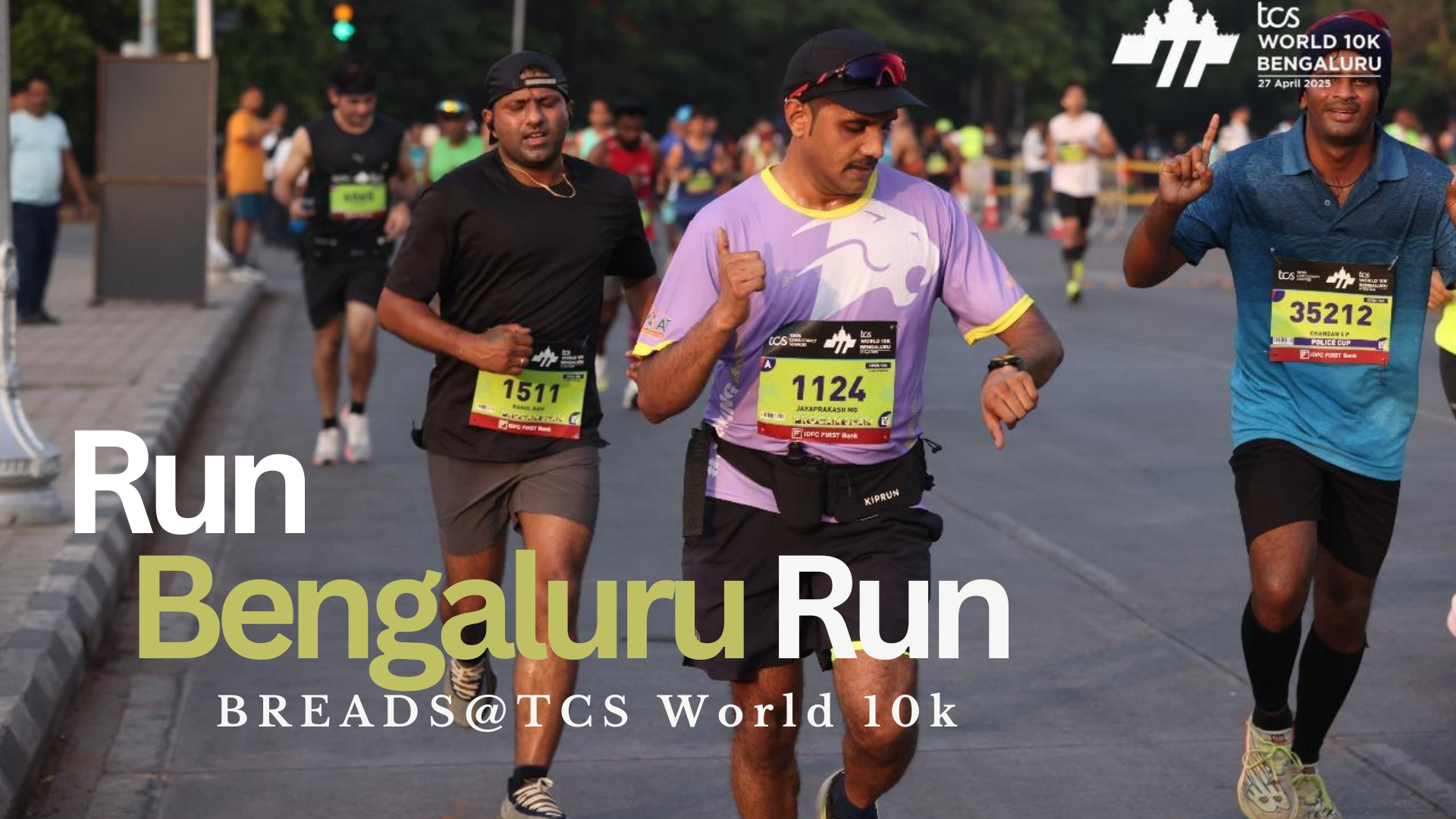‘Our Children are our greatest treasure. They are our future. Those who abuse them tear the fabrics of our society or weaken our future.’ – Nelson Mandela.
The founding fathers of our Constitution had a vision and a dream for the children of our country. Even before the United Nation convention on the Rights of the Child, the Directive Principles of the State Policy in Article 39 stated that “children are given opportunities and facilities to develop in a healthy manner and conditions of freedom and dignity and that childhood and youth are protected against exploitation and against moral and material abandonment.” Again in article 39 “…it lays down that the health and tender age of children should not be abused.”
According to me these words in the Directive Principles of the State Policy are so rich in meaning and an in-depth analysis of this will show that it contains the basis and summary of the UN Convention on the Rights of the Child. It boldly affirms that children are to be given opportunities for development.
The same idea is echoed in the Article 19 of UN CRC which states “State Parties shall take all appropriate legislative, administrative, social and educational measures to protect the child from all forms of physical or mental violence, injury or abuse, neglect or negligent treatment, maltreatment or exploitation including sexual abuse while in the care of parent(s), legal Guardian(s) or any other person who has the care of the child”.
In 1974 the Government of India proclaimed its policy for children and this is considered as the best policy of the Government on children. It states, “The nation’s children are a supremely important asset. Their nurture and solicitude are our responsibility. Children’s programmes should find a prominent part in our national plans for the development of human resources, so that our children grow up to become robust citizens; physically fit, mentally alert and morally healthy, endowed with the skills and motivation needed by the society. Equal opportunities for development to all children during the period of growth should be our aim; for this would serve our larger purpose of reducing inequality and ensuring social justice”.
But when we see that thousands of our children are neglected, denied of their right to childhood, exploited and abused, bonded and slaved, we have to admit that our national policy for children is only a solemn statement on the paper. The most recent ILO Global child labour estimates for the year 2012 show that despite important progress there are still 168 million children worldwide trapped in child labour, accounting for almost 11 per cent of the overall child population. Children in hazardous work that directly harms their health, safety or moral development make up more than half of all child labourers, numbering 85 million in absolute terms.
In 1986 the Government of India passed the Child Labour (Prohibition and Regulation) Act which itself was a gross and blatant violation of the spirit of the Constitution and National Policy for children. I shall explain this statement of mine. The article of the Constitution demands that the health and tender age of children should not be abused… and the children grow in conditions of freedom and dignity… The National Policy for Children 1974 envisages equal opportunities for development of all children.
Through the Child Labour (Prohibition and Regulation) Act the Government permitted employment of children in many sectors like domestic labour, hotels, agriculture and allied activities. In sectors like domestic labour sheer exploitation of children takes place. And there is no law to protect the interests of the children in this sector. Although the Government has passed the Bonded Labour Abolition Act in 1976, the system still remains. And it is in the agriculture sector that majority of bonded child labourers work. Therefore we can convincingly state that the passing of the Child Labour Prohibition and Regulation Act is a gross violation of the spirit of the Constitution and National Policy on Children.
While during all these years, this law remained a loophole to employ children in non-hazardous labour and justified by the Act for employing children for domestic work, the latest amendment to the CL Act 1986 is expected to improve the lives of children through development and protection from exploitation. The substantial change in the provision of the CL Act was made by the Central Government in the year 2016 and the said amendments have been made effective from July 30, 2016. Pursuant to the said amendment the name of the CL Act has been changed to ‘Child and Adolescent Labour (Prohibition and Regulation) Act, 1986’. A complete prohibition has been imposed on employment of children (i.e. a person below the age of 14 years) in any establishment whether hazardous or not. A child is permitted to work only to help the family, in family enterprise or as child artist after school hours or during vacations. The term adolescent labour has been introduced for the first time by the amendment. An adolescent has been defined as a person between the ages of 14-18 years. The amendment permits employment of adolescent labour except in hazardous processes or occupation.
India ratified the UN General Assembly convention of Rights of the Child 1989 on 11th December 1992. Then onwards numerous provisions were laid down by law to protect the rights of children by all means. The Convention on the Rights of the Child demands from the countries concerned to recognize the right of the child to be protected from economic exploitation and from performing any work that is likely to be hazardous as to interfere with the child’s education, is harmful to the child and to his/her physical, mental, spiritual, moral or social development.
This development enabled us to think that we can expect a better future for millions of our deprived and exploited children. But our hope and dreams were shattered as the Government efforts failed to implement the articles of Child Rights Convention. We were too impatient to wait for a reform and did not realize the ground realities.
We, the Salesians of Don Bosco, on the one hand are shocked by the sad plight of thousands of child labourers, and on the other hand are challenged by Christ who came to “ Proclaim the Good News to the Poor, to proclaim release to the captives and to let the oppressed go free” (Gospel of Luke:4:18-19). Following the footstep of Don Bosco who follows the path of Christ in loving poor children and youth and who sacrificed his life for street and working urchins, we launched our intervention for the working children at Hospet in 1994. Our aim was to “restore the lost childhood”, to the working children by providing them with the education and joys of childhood. We firmly believe that every child has the fundamental right to education. In the words of our former Rector Major Fr. Pascual Chavez Villanuea, “Education is the most important and precious tool for building a more just and supportive society where everyone especially the young, the weakest and most needy can look forward with hope to a human future which is dignified and happy. Education must be increasingly a window thrown wide open on the world and an engine to raise the consciousness of and transform human kind”. (Cf.,Fr. Pascual Chavez Villanuea, Salesian Mission and Human Rights Especially Children’s Rights, International congress proceedings – Preventive System and Human Rights, Rome, 2009, P.,78) And education is the only remedy for eradicating the problem of child labour. For us any labour/ work is hazardous and harms the growth of the child. It was with this conviction that we launched our intervention on behalf of child labourers in Hospet in May 1994, with the title “Don Bosco Child Labour Mission Karnataka”. And in 1996 we shifted the headquarters to Davangere, Central Karnataka, and we launched out also to other centres in Karnataka. And today it’s the greatest achievement to have Don Bosco institutions established in 10 districts of Karnataka for the education and rehabilitation of child labourers.
In this context I would like to reaffirm the importance of protecting children’s rights by quoting Koffi A. Annan, former Secretary General of UN, who has shown the close relationship between protecting Children’s rights and development when he stated, “Only as we move closer to realizing the rights of all children will countries move closer to the goals of development and peace”.
Today after these long years of service, I try to recapture the memories of our past struggles, endeavours, our success and accomplishments with immense joy, gratitude and pleasure. It is most appropriate to even say that these hard realities would not have fructified without the generous hearts who have been instrumental in achieving them. In this endeavour we have experienced the loving hand of Almighty God and his Divine Providence. There were days when we struggled for finance to care for the little ones, to give a better environment for them to live in. But His loving providence was always there.
In Davangere alone we have rescued over 2500 child labourers and after one year of residential bridge course we admitted them to the mainstream school life. We have “set free” many bonded child labourers and have educated them. But what gives us great joy is the realization that we have become the “signs and bearers of God’s love” to those who are abandoned and rejected by their parents and society, who are deprived of love and care and who, were it not for our intervention, would have become “runaways”. Our special schools (Suprabha) and the Reorientation Centre (Sujyothi) for child labourers have become abodes where ‘the lost ones’ experience God’s love and care.
We have been touched by many “men of good will” who were ready to support us and ready to lend us a helping hand. Government officials, members of the public, members of other NGOs have joined hands with us in our effort to create a better world for the working child to live in.
As I write these words what inspires me and encourages me are the words of Don Bosco, “The world will always welcome us as long as all our concern is for the under-developed peoples, for poor children, for those members of society most in danger. This is our real wealth which no one will envy and no one will take from us”. I can truly say that today our greatest asset is that we are with the underdeveloped people and poor children. And this is the real world that we have proudly inherited by following the teaching and example of our founder Don Bosco!
Fr. Kuriakose Puthenpurayil sdb





